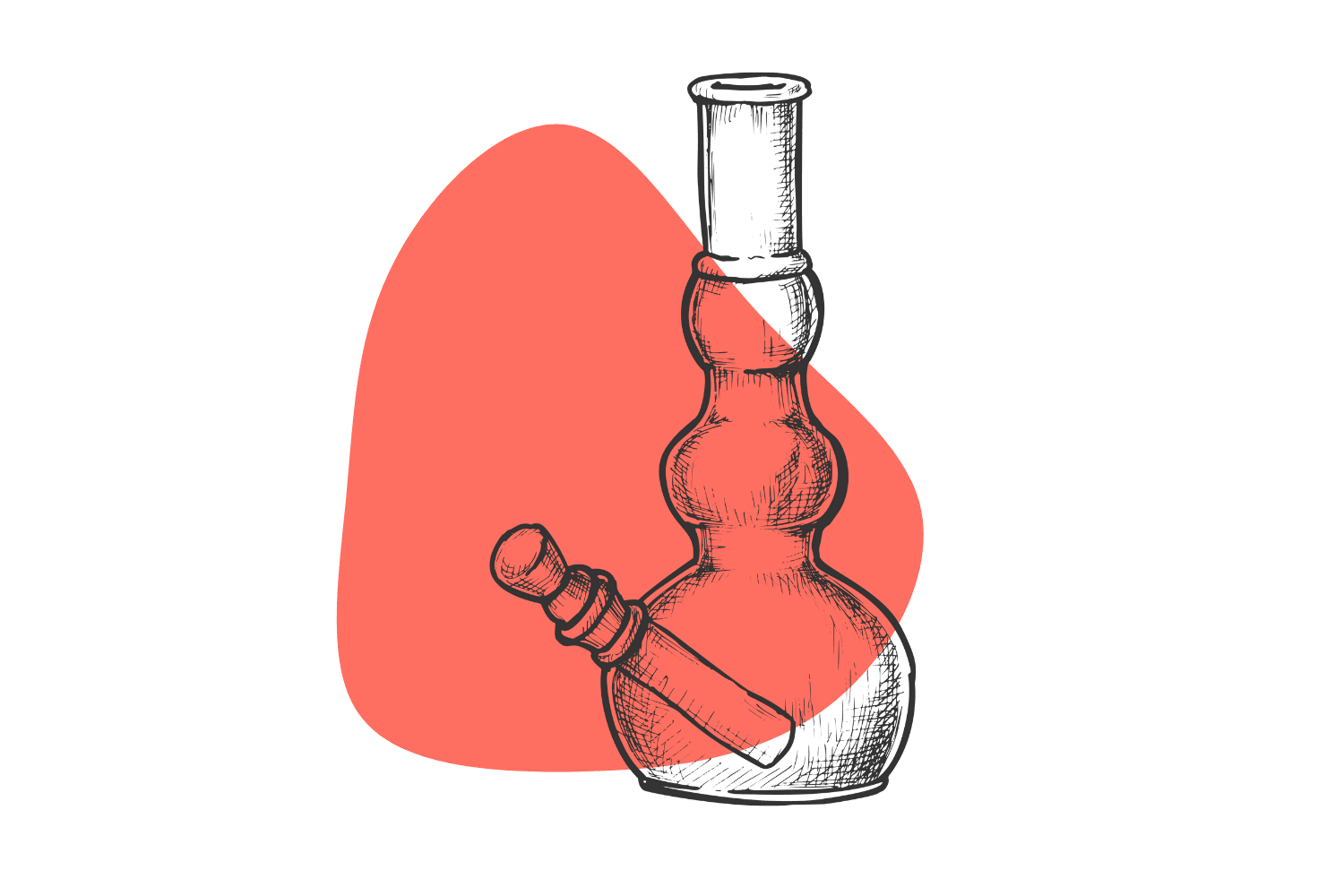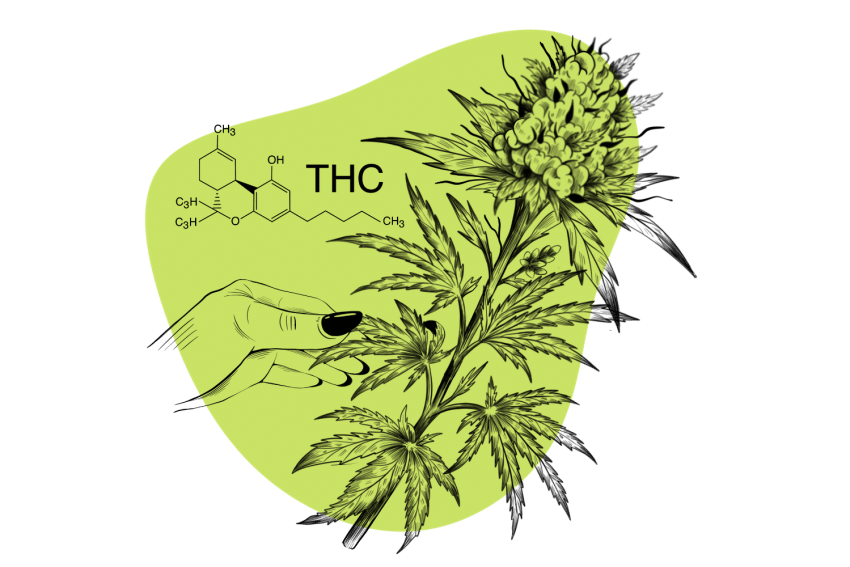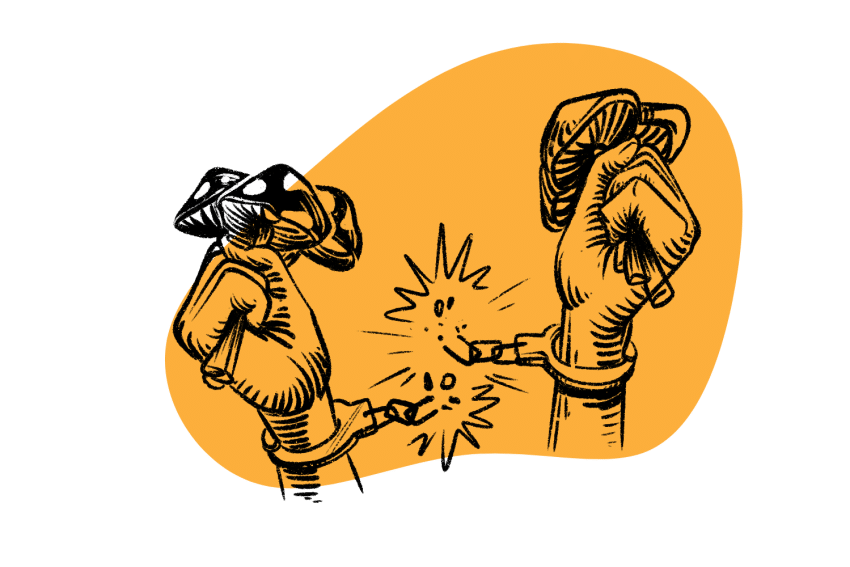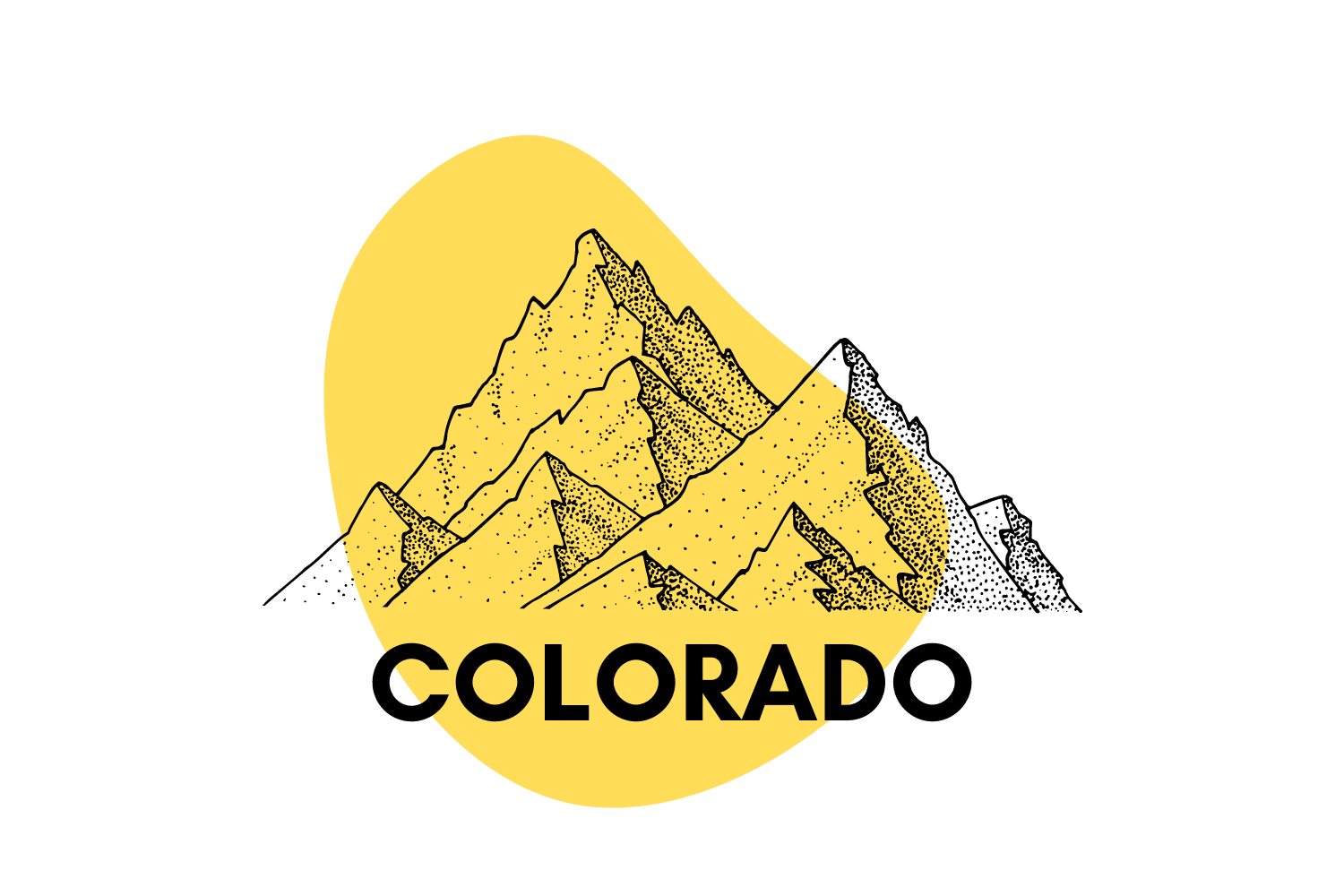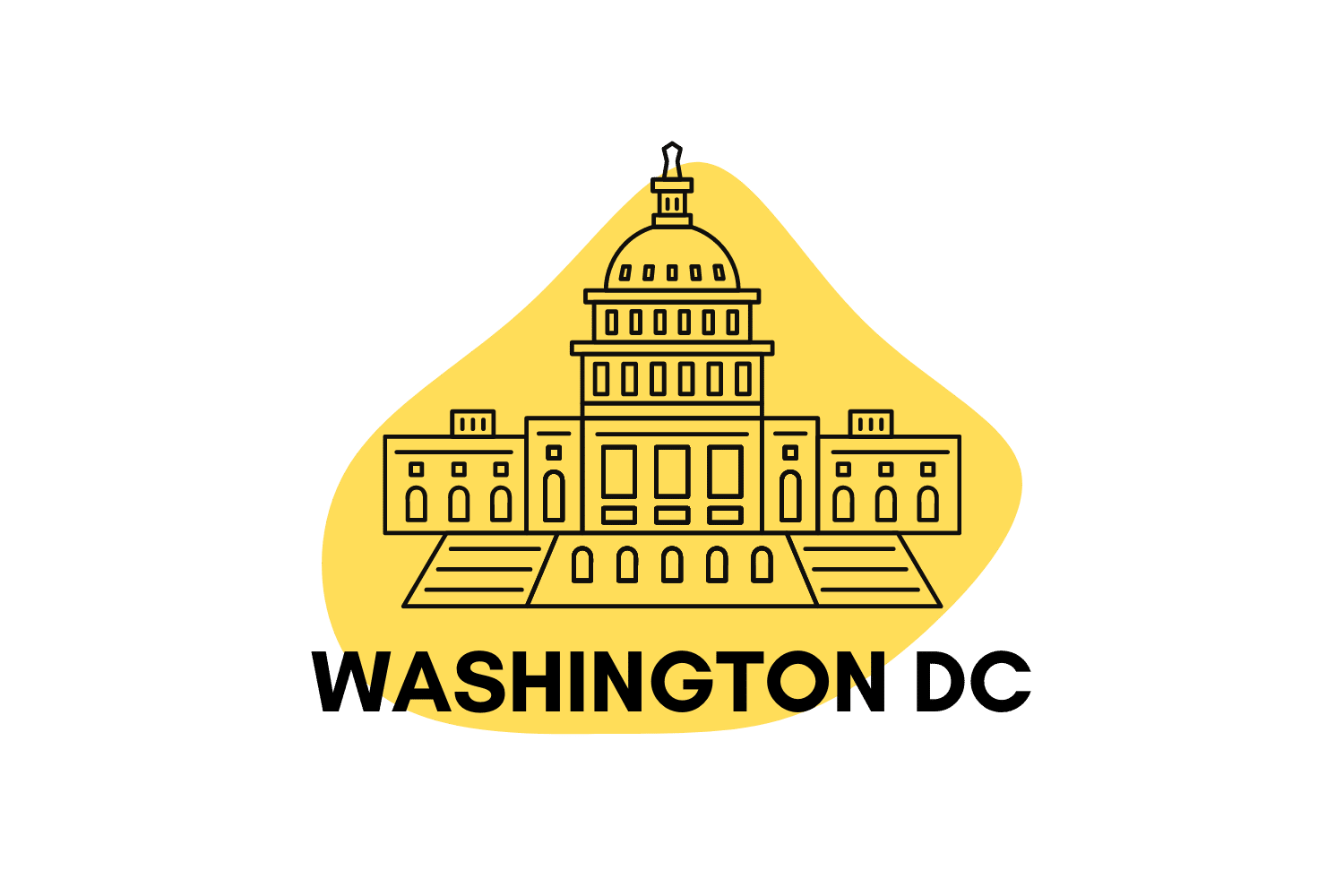How Delta 8 Is Transforming Restrictive States
Though residents of restrictive states haven’t had options in the past, delta 8 and other hemp-derived cannabinoids are opening doors for them. With options ranging from hardly intoxicating to more potent than marijuana itself, the floodgates are open, and it seems unlikely that they will close again.
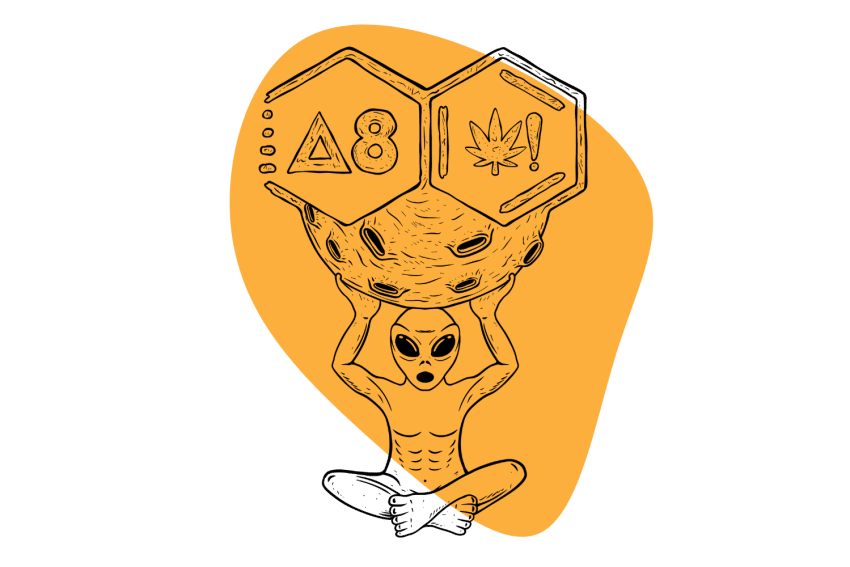
I started writing about cannabis and hemp right around the time that the industry began making drastic movements. Though scientists discovered delta 8 THC, HHC, and several other forms of THC many years ago, they only just recently became viable products for the market.
As the industry grows, cannabis products have effectively become legal in many states that still have heavy restrictions — as long as they’re “derived from hemp.”
Take my home base of Tennessee, for example. I recently had the opportunity to visit a new restaurant that opened with the promise of being the first cannabis-infused bar and grill in town. They have dipping sauces with 50 mg of CBD and 5 mg of THC each, cannabis mocktails with up to 10 mg THC, and delta 8 vape hits, rivaling many restaurants in legal states.
It’s no secret that delta-8 isn’t as heavy-hitting as delta-9, but that’s not always bad [1].
First, If you compare an 80% delta-8 THC dab to a similar strength of delta-9, the difference will not likely be very noticeable.
It’s also worth noting that everyone has different preferences for cannabis. For every daily dabber, there’s a person who smokes a joint a month. For casual consumers, delta 8 and other less potent options are proving to be less paranoia-inducing [2] and more calming, leading some to prefer it to its illegal cousin.
Whatever each individual’s reason might be for switching to alternative forms of THC, it has shifted the landscape of cannabis in Tennessee (and likely elsewhere) forever.
The Implications of Alternative THCs
Early in my journey, I found a job at a dispensary that took pride in its products so I could learn as much as possible. For a year, I worked there, observing the gentle transition of Nashville into a city opening up to THC. When I began, I believe we had two delta-8 products on the shelves, and very few people had ever heard of them.
Nearly all dispensaries here are now evenly split between CBD and THC products. Nashville has competing cannabis delivery services, downtown cannabis vendors with ice-cream carts, dab bars, and more.
Jackson Campbell, the owner of that dispensary (Perfect Plant Hemp Co.), points out that hemp now means more than just THC. “Hemp is no longer CBD-centric — it also now includes THC.”
The actual impact of this occurs in a few different realms.
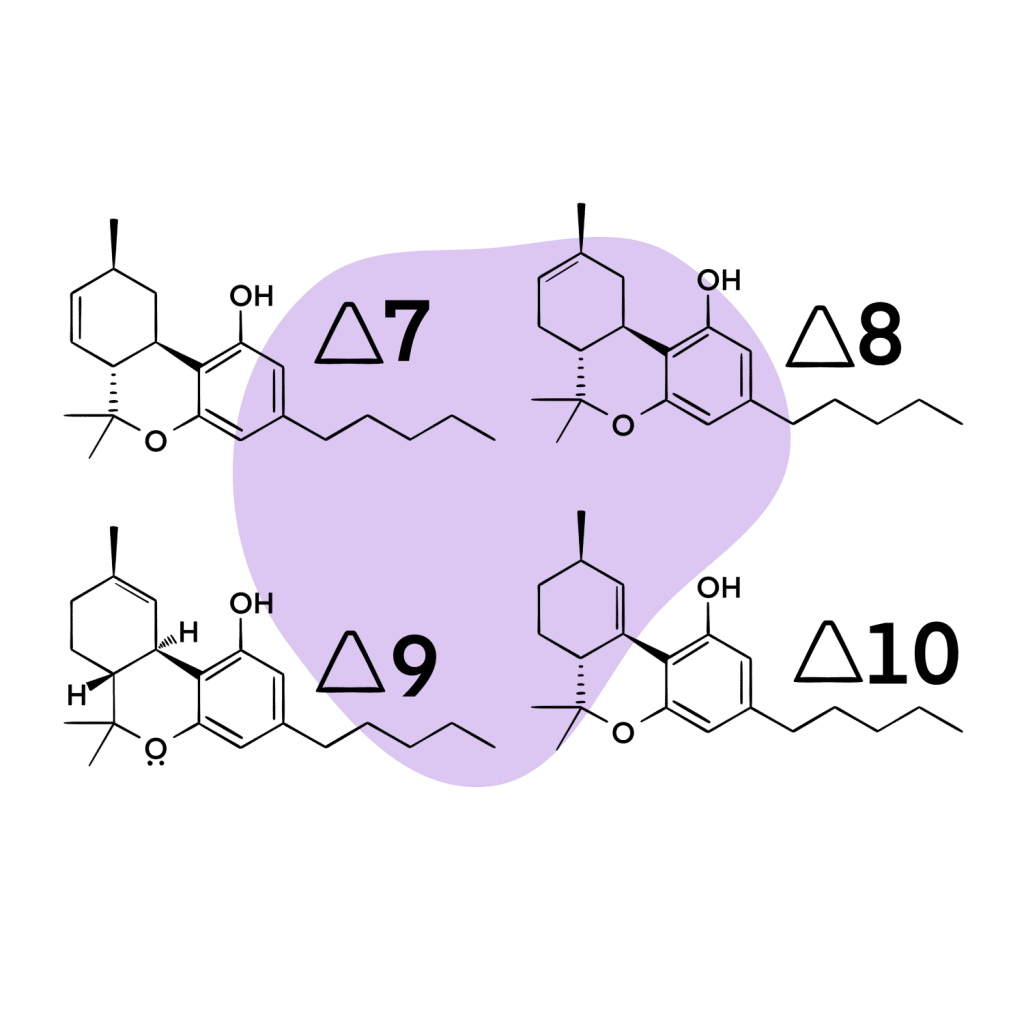
Hemp-Derived Cannabinoids Are Opening Minds In More Ways Than One
My favorite customers in those days told me they would have never tried THC if there wasn’t a legal option. For so many people, the only thing that makes a drug bad is when it is illegal.
More than one customer spoke through tears to tell me that this was the first thing that had ever helped them. Often, this would include a prelude about how they would have never considered an illegal cannabis option.
Years of propaganda against the plant have caused many to build a wall around the concept of cannabis. Since that foundation relies on lies, it falls easily in the face of truth and experience. As a result, the more available the experience is, the easier it is to combat.
Campbell described the new Nashville scene as having a “pre-legalization New York City” feel. “It made it feel like Nashville is more of a cannabis-forward place and brought people out from having to hide.”
Providing For Those In Need
The other side of the market for alternative THC forms revolves around people who are already aware of the benefits of THC but don’t have access to it. During my time there, I had people with chronic pain, chemo, and other illnesses that were regularly self-medicating with delta 8.
While we’d all love to live in a world where they would be able to see a doctor, get a prescription, and use marijuana, Tennessee is too far away from this. Currently, SB 0118 in Tennessee allows citizens with certain critical health conditions to drive to states where weed is legal and purchase CBD with up to 1% THC.
There is no instance where marijuana is legal. Delta-8 and other alternative forms of THC have brought the option to people who wouldn’t normally seek out a black market supplier.
The legality of these substances also removes the shame that many users may have felt for having to keep their medication a secret. This rings especially true here in the “bible belt,” where there is still some moral shadow cast over illegal substances.
Since the perceived sketchiness dissipates considerably when you no longer have to hide from the law, delta 8 is a more likely choice for some.
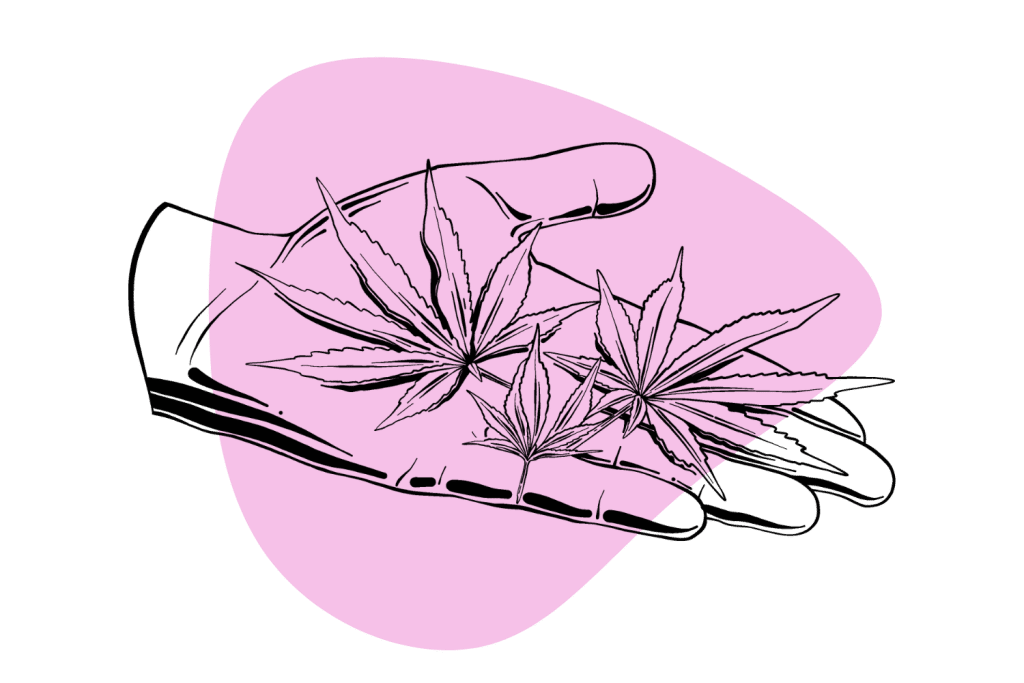
Changing the Sources of THC
Weed being illegal has never stopped people from seeking it out before. Still, buying their product outside of the law is awkward enough for many to switch to delta-8 instead.
You’re not going to be able to get around a drug test with delta-8, but you can remove yourself from less-than-desirable situations if you don’t have a trustworthy source. Alternative forms of THC have essentially brought legal highs to areas like mine where there were no previous alternatives.
The Problems With Delta 8
There’s more benefit in being honest than in pretending problems don’t exist. The truth is, there are some sketchy elements to delta-8, and some skepticism is not only warranted but wise.
When it comes to delta 8, the main concern comes with the methods of production. To create delta 8, producers first start with CBD isolate, which requires an intensive process.
From here, thanks to the molecular similarities of cannabinoids, it is possible to morph and reshape the molecule into a form of THC (the process is called isomerization). Between the starting point and the end product exist a multitude of alterations, some of which can include potentially hazardous chemicals.
With all these products falling firmly into the category of “hemp,” they have no legal regulations to worry about [3]. Marijuana undergoes strict testing and regulation to get to the shelves, but the same is not required of hemp.
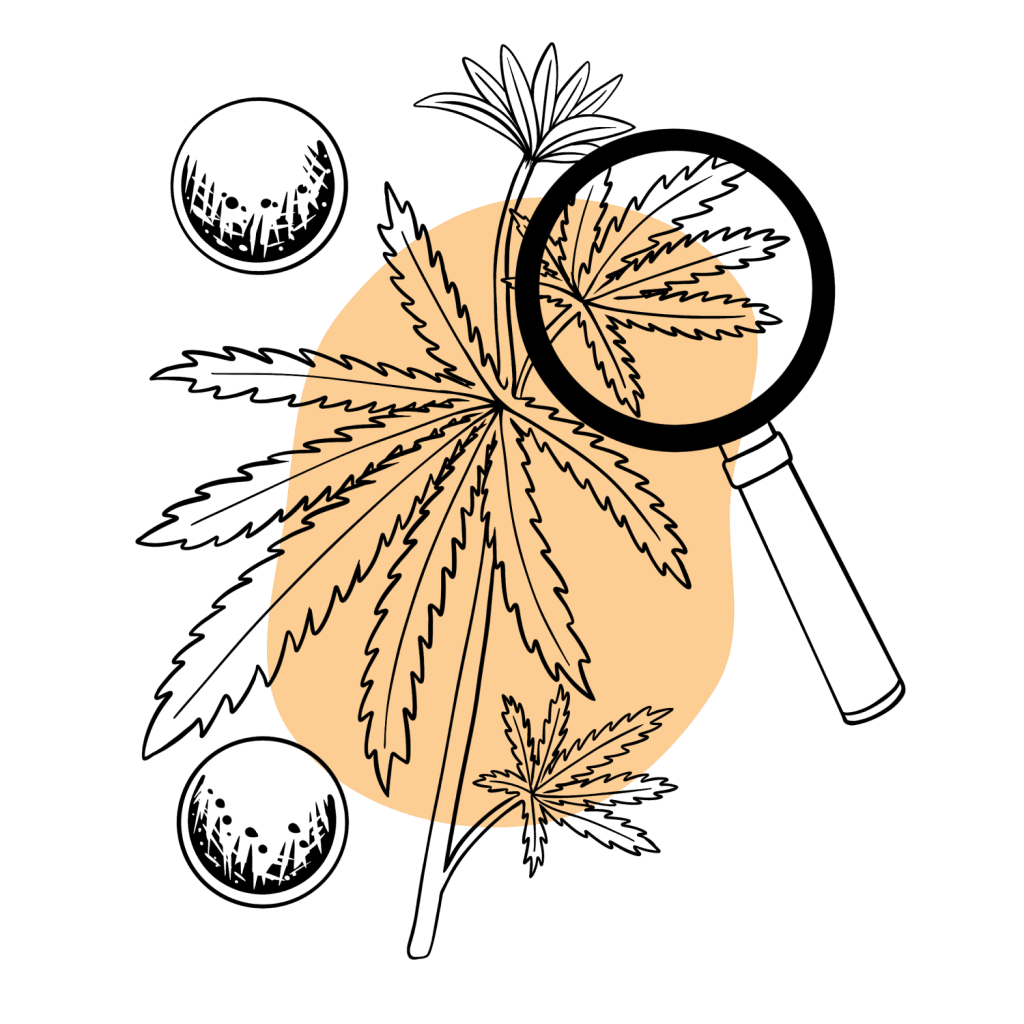
What Are the Regulations for Delta 8?
The only thing reporting has to show for a delta-8 product is that it is under the 0.3% delta-9 THC limit. That means the reporting doesn’t even need to include any information about the product the jar contains.
Campbell and Perfect Plant waited nearly a year after showing interest in delta-8 before finding a reliable product. “We couldn’t get a single, clean, full-panel test. Most weren’t even trying at that point, and it took a minute for quality control to catch up.”
While many of the problems have worked themselves out at this point, there are still unreputable products out there. Most dispensaries are conscientious enough to ensure their products are potent and pure, but they aren’t the only ones that can sell them.
Since there are so few regulations on hemp products, gas stations, coffee shops, and anywhere else can carry them. For sketchy companies, it’s a numbers game — if they visit enough places, someone won’t care enough to ask the right questions or require the right reporting.
Current Legal Status of Delta 8 THC in America
| State | Is D8 Legal? | Is Marijuana Legal? |
| Alabama | Unrestricted | Medical |
| Alaska | 0.3% Limit | Recreational |
| Arizona | All D8 Banned | Recreational |
| Arkansas | 0.3% Limit | Medical |
| California | 0.3% Limit | Recreational |
| Colorado | All D8 Banned | Recreational |
| Connecticut | Legal (Restrictions) | Recreational |
| Delaware | 0.3% Limit | Medical |
| Florida | Unrestricted | Medical |
| Georgia | Unrestricted | No |
| Hawaii | 0.3% Limit | Medical |
| Idaho | 0.3% Limit | No |
| Illinois | Unrestricted | Recreational |
| Indiana | Unrestricted | No |
| Iowa | 0.3% Limit | Medical, Edibles Only |
| Kansas | 0.3% Limit | No |
| Kentucky | Unrestricted | Medical |
| Louisiana | 0.3% Limit | Medical |
| Maine | Unrestricted | Recreational |
| Maryland | Unrestricted | Recreational |
| Massachusetts | 0.3% Limit | Recreational |
| Michigan | 0.3% Limit | Recreational |
| Minnesota | Unrestricted | Recreational |
| Mississippi | Unrestricted | Medical |
| Missouri | Unrestricted | Recreational |
| Montana | 0.3% Limit | Recreational |
| Nebraska | Unrestricted | No |
| Nevada | 0.3% Limit | Recreational |
| New Hampshire | Unrestricted | Medical |
| New Jersey | Unrestricted | Recreational |
| New Mexico | Unrestricted | Recreational |
| New York | 0.3% Limit | Recreational |
| North Carolina | Unrestricted | No |
| North Dakota | 0.3% Limit | Medical |
| Ohio | 0.3% Limit | Medical |
| Oklahoma | Unrestricted | Medical |
| Oregon | 0.3% Limit | Recreational |
| Pennsylvania | Unrestricted | Medical |
| Rhode Island | 0.3% Limit | Recreational |
| South Carolina | 0.3% Limit | No |
| South Dakota | Unrestricted | Medical |
| Tennessee | Unrestricted | No |
| Texas | Unrestricted | No |
| Utah | 0.3% Limit | Recreational |
| Vermont | 0.3% Limit | Recreational |
| Virginia | 0.3% Limit | Recreational |
| Washington | 0.3% Limit | Recreational |
| West Virginia | Unrestricted | Medical |
| Wisconsin | Unrestricted | No |
| Wyoming | Unrestricted | No |
Are Alternative THCs Here to Stay?
I think it would take a massive amount of delusion to believe that there won’t soon be a day when weed is legal everywhere. The public understanding of the plant has evolved so greatly that even 80% of Tennesseans believe in some form of legalization.
Now that delta-8 and other forms of THC have found an actual market for themselves, it seems possible that they could be here to stay. One of the unintended consequences of criminalization has been innovation. It’s not likely that producers would have looked for a cannabinoid outside of delta-9 if the plat was legal in all parts of the country.
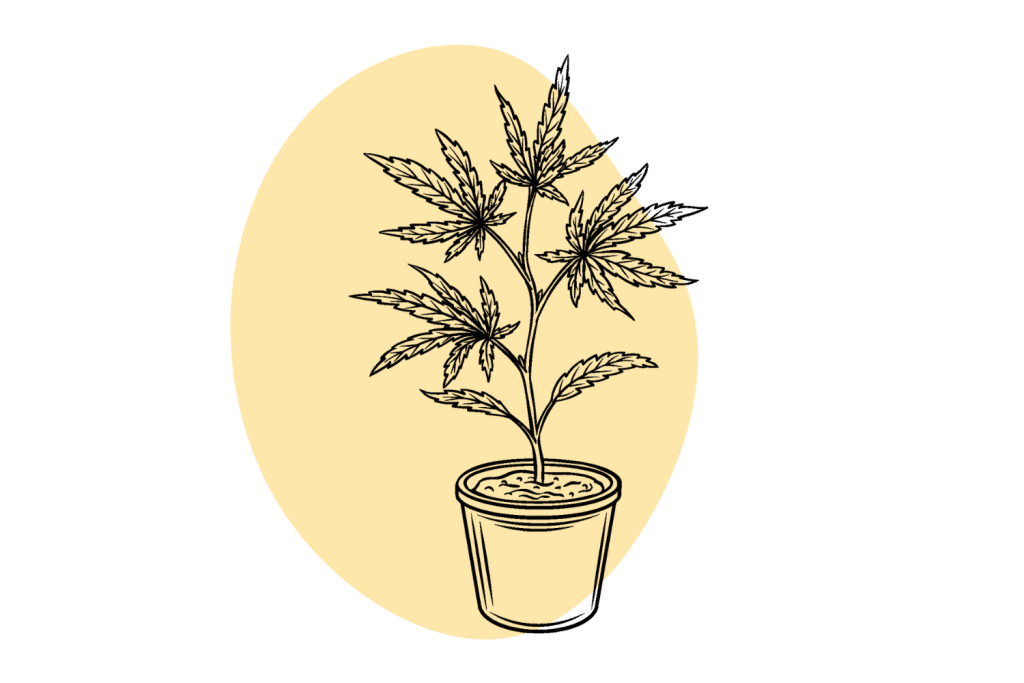
As the government continues to strengthen its grip on the criminalization of substances, more continue to fall through the cracks like a handful of sand. Today, enough people prefer the lower strength of delta-8 that they’d likely not switch back even in a legalized world with less potent options.
Many states have taken action against delta-8 already. Some have lumped it together with marijuana in regulation, and others have criminalized it outright. So far, the only successful states to get rid of it altogether are ones where marijuana is legal.
Other states, like Texas and Tennessee, have tried to make similar moves and were met with extreme backlash. Now that people have a taste of life with legal access to cannabis, they’re not willing to go back.
Nor should they be. When delta-8 first came on the scene, there were a LOT of negative articles written about it. More than one of them compared the process of making delta 8 to that of making meth.
For states like mine, delta-8 has created a flood of options in a bone-dry area. It has revolutionized how people around me think about, see, and consider marijuana. While legalization is the desire, there’s a sense that this might be the first step, opening up the minds of people to the next one.
References
- Hollister, L. E., & Gillespie, H. K. (1973). Delta-8 and delta-9-tetrahydrocannabinol; Comparison in man by oral and intravenous administration. Clinical Pharmacology & Therapeutics, 14(3), 353-357.
- .Kruger, J. S., & Kruger, D. J. (2022). Delta-8 THC: Delta-9-THC’s nicer younger sibling? Journal of cannabis research, 4(1), 1-8.
- Babalonis, S., Raup-Konsavage, W. M., Akpunonu, P. D., Balla, A., & Vrana, K. E. (2021). Δ8-THC: Legal status, widespread availability, and safety concerns. Cannabis and Cannabinoid Research, 6(5), 362-365.

